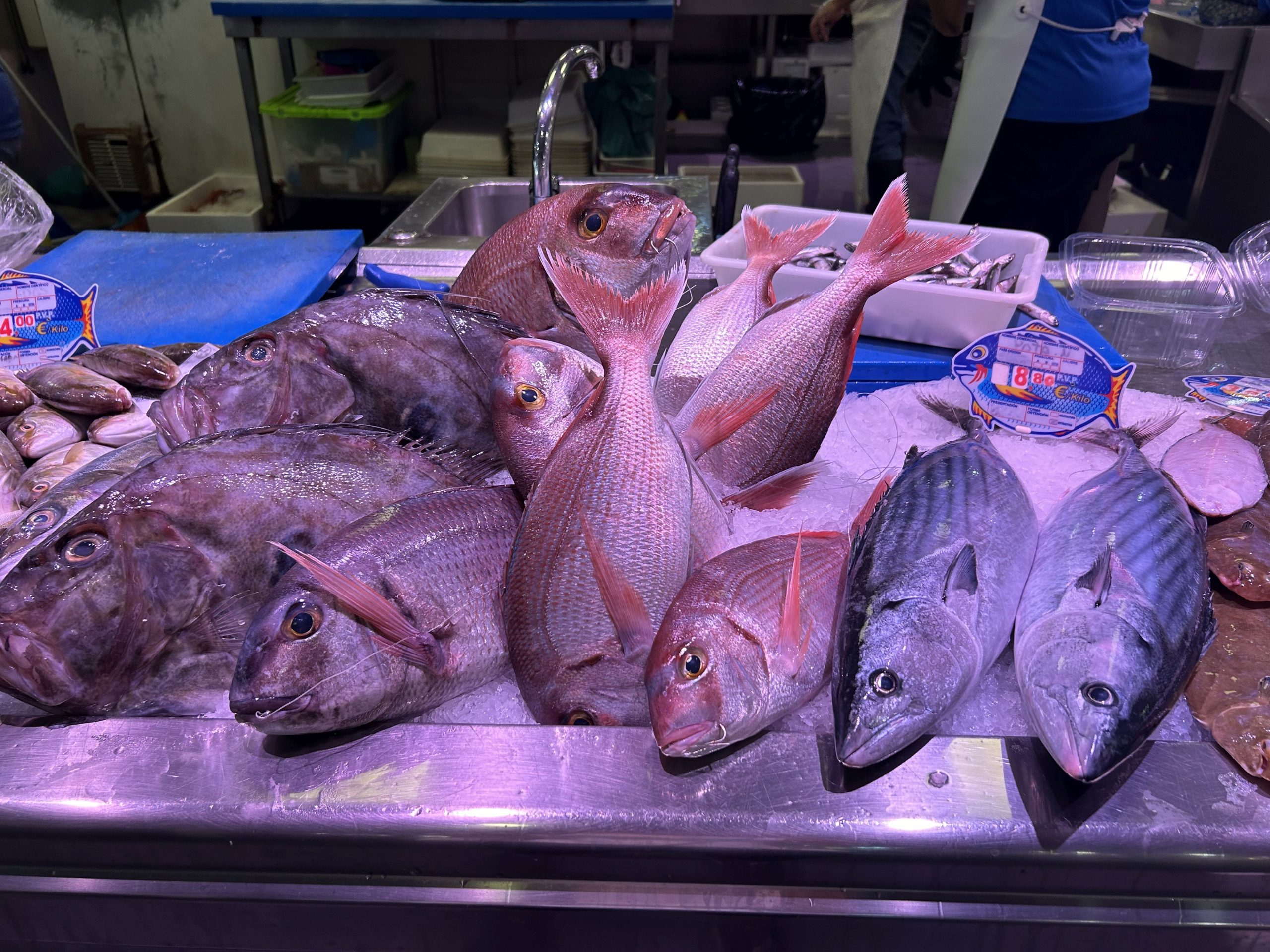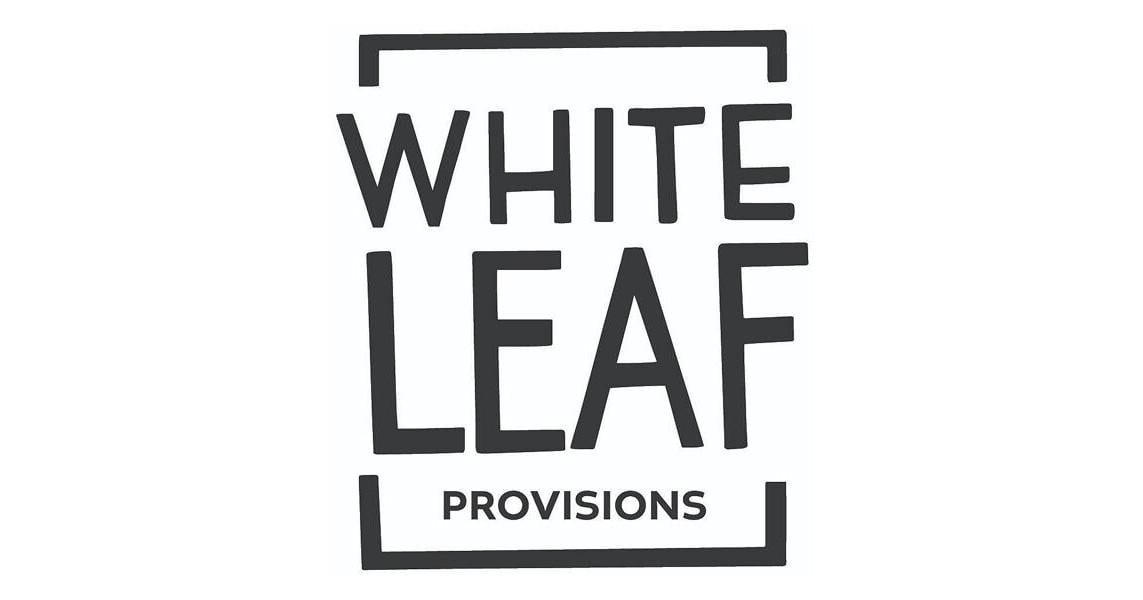Summary
Seafood is one of the most globally traded food commodities and is critical to food security and livelihoods. Rich in energy, proteins and nutrients such as omega-3 fatty acids, minerals and vitamins, seafood consumption per capita has doubled since the 1960s and is projected to double again by 2050.
However, fraudulent practices in the seafood sector are a growing global concern. They undermine food safety, consumer trust and economic stability. The IAEA, through its Joint FAO/IAEA Centre of Nuclear Techniques in Food and Agriculture, is launching a five-year coordinated research project (CRP) to help countries strengthen food control systems to detect and prevent seafood fraud.
The project aims to protect consumers and producers while promoting fair trade in the fisheries and aquaculture sectors.
The IAEA will use nuclear and related techniques to build scientific capacity, ensure product authenticity and enhance resilience and transparency in seafood supply chains.
One planned output will be to create reference databases of isotopic and molecular fingerprints for various seafood products, to feed into digital food traceability systems.
What is Seafood Fraud?
Seafood fraud often involves substituting high-value species with cheaper alternatives, mislabelling origin or harvest areas, selling farmed fish as wild-caught fish, marketing previously frozen fish as fresh fish and using unauthorized or undeclared additives. Fraud can occur at any stage of the seafood supply chain – from production and processing to distribution, retail or catering. As supply chains grow more complex, monitoring and traceability become more difficult, creating opportunities for fraud.
These practices mislead consumers and disrupt trade, and some pose serious public health risks. Substit
Source:
Exclusive AI-Powered News Insights (For Members only)
Disclaimer:This content is AI-generated from various trusted sources and is intended for informational purposes only. While we strive for accuracy, we encourage you to verify details independently. Use the contact button to share feedback on any inaccuracies—your input helps us improve!



